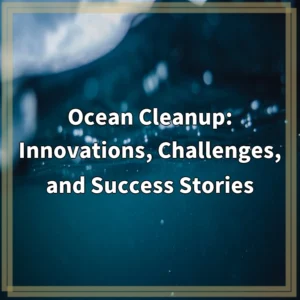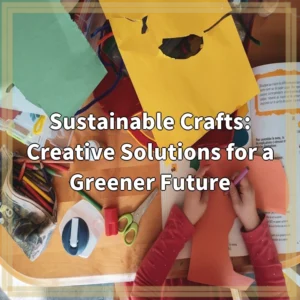What it is:
Eco-friendly strategies in indie music distribution refer to the methods and practices that aim to minimize the negative environmental impacts associated with the distribution and consumption of independent music. It involves adopting sustainable solutions throughout the entire supply chain, from production to packaging and delivery, in order to reduce carbon emissions, waste, and other ecological footprints. This approach acknowledges the need for the music industry to do its part in mitigating climate change and promoting a more sustainable future.
Real-world problems:
While the indie music scene is known for its creativity and independence, it is not exempt from the environmental challenges faced by the broader music industry. Some of the real-world problems associated with eco-friendly strategies in indie music distribution include:
1. Carbon emissions:
The transportation of physical music products, such as CDs and vinyl records, contributes to carbon emissions due to long-distance shipping. Additionally, the energy consumption of digital music platforms and streaming services adds to the carbon footprint of the industry.
2. Packaging waste:
The production of physical music releases often involves excessive packaging, such as plastic jewel cases or elaborate album artwork made from non-recyclable materials. This leads to a significant amount of waste that ends up in landfills or incinerators.
3. Energy consumption:
The operation of music distribution centers, recording studios, and venues consumes large amounts of energy, primarily sourced from non-renewable resources. This energy consumption contributes to greenhouse gas emissions and further exacerbates climate change.
4. Limited access to sustainable alternatives:
Indie musicians, especially those with limited resources and budgets, may face challenges in accessing and affording sustainable alternatives for music production, distribution, and promotion. This can hinder their ability to adopt eco-friendly strategies in their music career.
Through innovative solutions, collective effort, and a shift in mindset, these real-world problems can be addressed within the indie music community. By embracing eco-friendly strategies, the indie music scene can pave the way towards a more sustainable soundscape.

Solutions for Eco-friendly Strategies in Indie Music Distribution:
Indie musicians and stakeholders in the music industry can implement various solutions to address the environmental challenges associated with music distribution. Consider the following solutions:
1. Sustainable transportation:
Reducing carbon emissions in indie music distribution can be achieved by using eco-friendly transportation options. This includes exploring sustainable delivery services, utilizing local distribution centers, and considering carbon offset programs for long-distance shipping.
2. Eco-conscious packaging:
Minimizing packaging waste can be achieved through sustainable packaging alternatives. Indie musicians can opt for eco-friendly materials, such as recycled cardboard and biodegradable plastics, and prioritize minimalist packaging design to minimize waste generation.
3. Energy-efficient practices:
Indie musicians and music venues can reduce their energy consumption by implementing energy-efficient practices. This includes using LED lighting, investing in renewable energy sources like solar panels, and optimizing energy usage during recording sessions and live performances.
4. Collaboration and knowledge-sharing:
The indie music community can come together to share knowledge, resources, and experiences in adopting eco-friendly strategies. Collaborative efforts can lead to the development of best practices, the formation of green networks, and collective initiatives for sustainable music production and distribution.
5. Consumer education and support:
Educating music consumers about the environmental impact of their choices can drive demand for eco-friendly music products. Indie musicians can inform their audience about their sustainable efforts and promote the importance of supporting environmentally conscious music.
By implementing these solutions and fostering a culture of sustainability within the indie music scene, a more eco-friendly and sustainable soundscape can be achieved, benefitting both the environment and the artists themselves.













